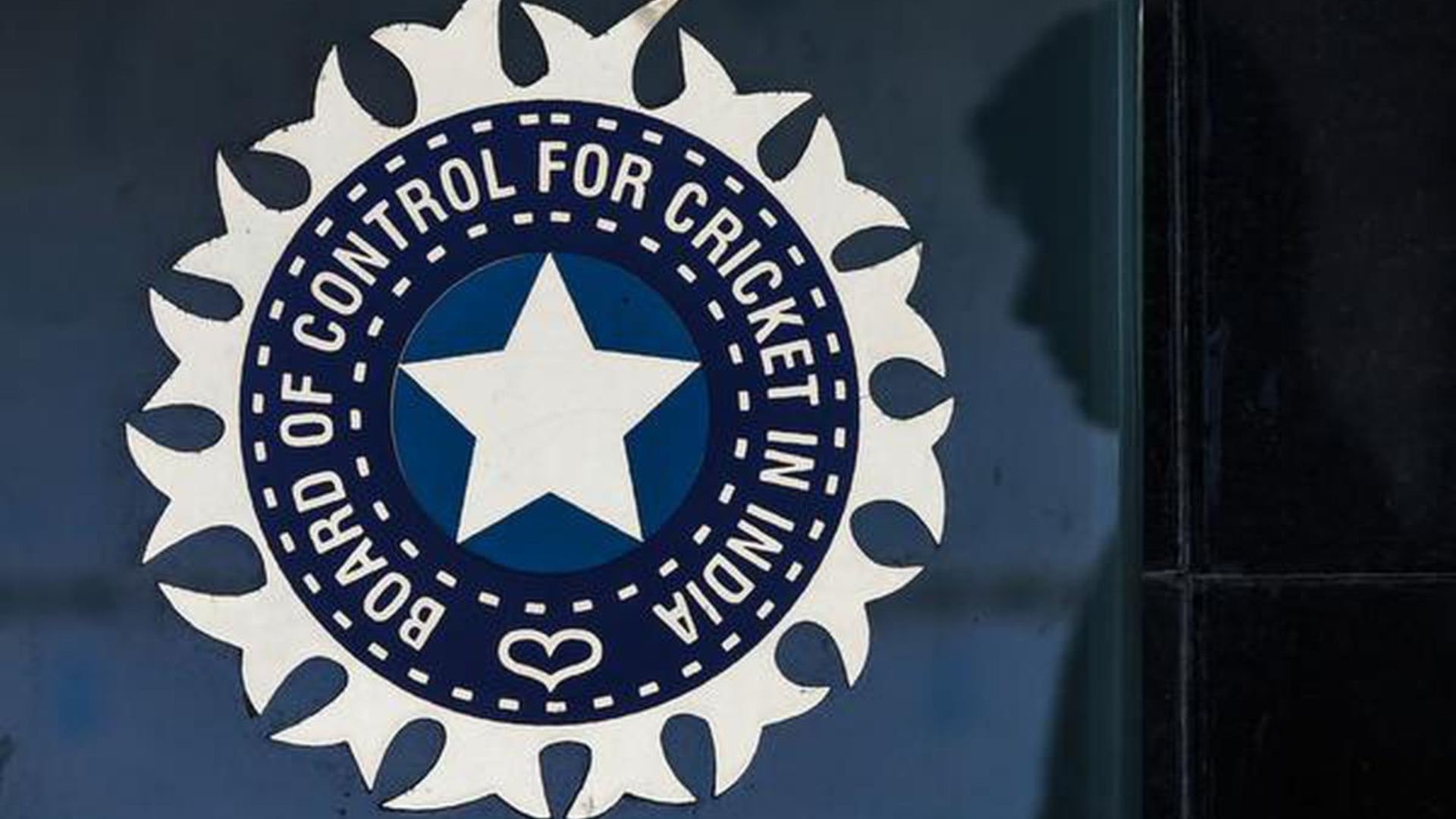The BCCI has introduced several significant changes to the playing conditions prior to the domestic season beginning this Friday with the Ranji Trophy. These changes will take effect in several areas, from some rules regarding retirement mid-innings, ball tampering, boundary scoring, and points system for the Col. CK Nayudu Trophy (U-23).
Mid-Innings Retirements:
Among the most significant changes is mid-innings retirement. As per Cricbuzz, if a player retires for some reason other than injury, illness, and unavoidable cause, he shall be considered to be dismissed. He cannot go out to bat again even if the opposing captain agrees to that. Such a condition is applicable in all formats: both multi-day and limited-overs games. The BCCI rules for the State Associations state very categorically that, “A batter retiring for any reason other than injury, illness or unavoidable cause… will be considered as dismissed immediately on retirement and will NOT have the option of returning to bat even with the consent of the opposing captain.”.
A desperate attempt to curtail the bad practice of ball-tampering, BCCI imposed a rule under which saliva applied on the ball warrants replacement of the ball and penalizes the concerned team.
Aborted Runs and Boundaries:
The BCCI has clarified the rule relating to boundaries coming from aborted runs. If a batter aborts the run after crossing and an overthrow reaches the boundary before he crosses again, there will only be four runs.
Points System in the Col. CK Nayudu Trophy:
It has been revised for the U-23 tournament as has been evidenced by two examples:
– Situation 1: If Team A is bowled out for 398 in 98 overs, then they get four batting points. If there are five penalty runs added during their fielding such that the team totals to 403 in 98 overs, they get a fifth batting point as well.
– Situation 2: In case Team A is bowled out for 398 in 100.1 overs and gets five penalty runs that add up to 403, they will not receive the fifth batting point as they exceeded the limit of 100 overs.







